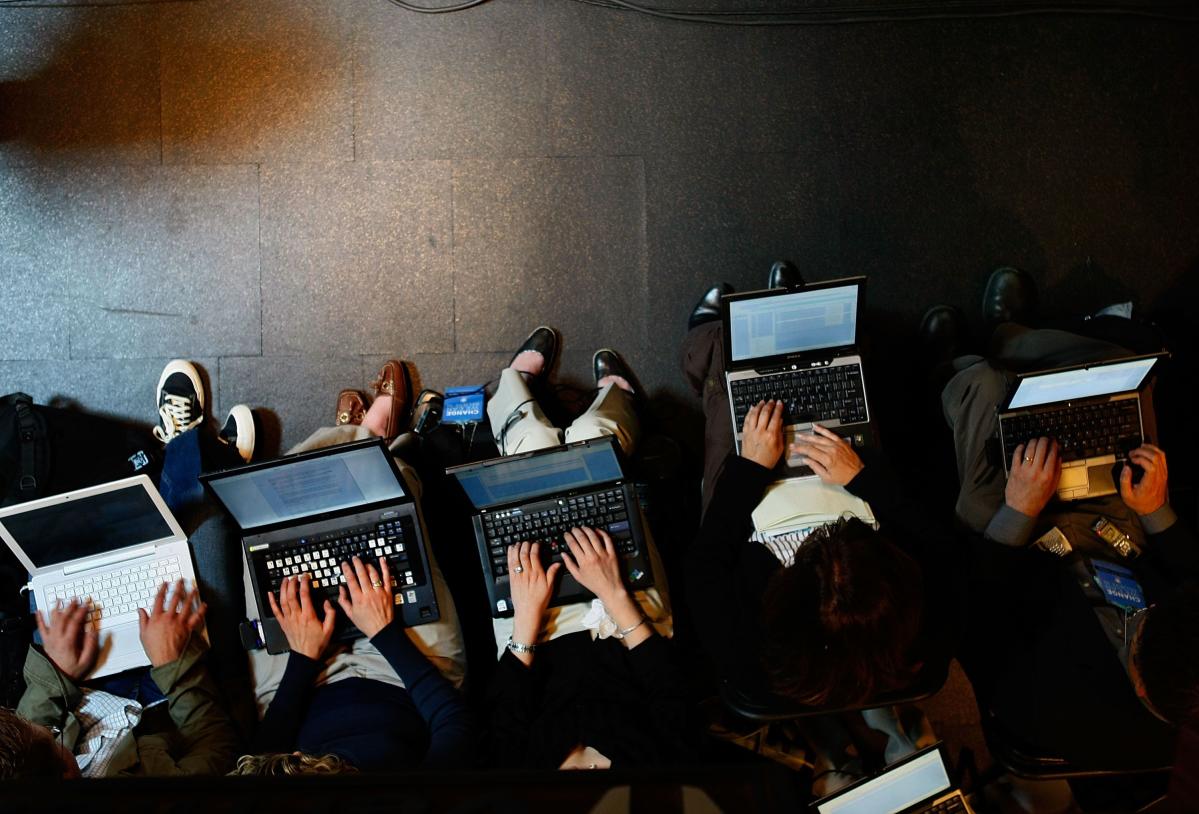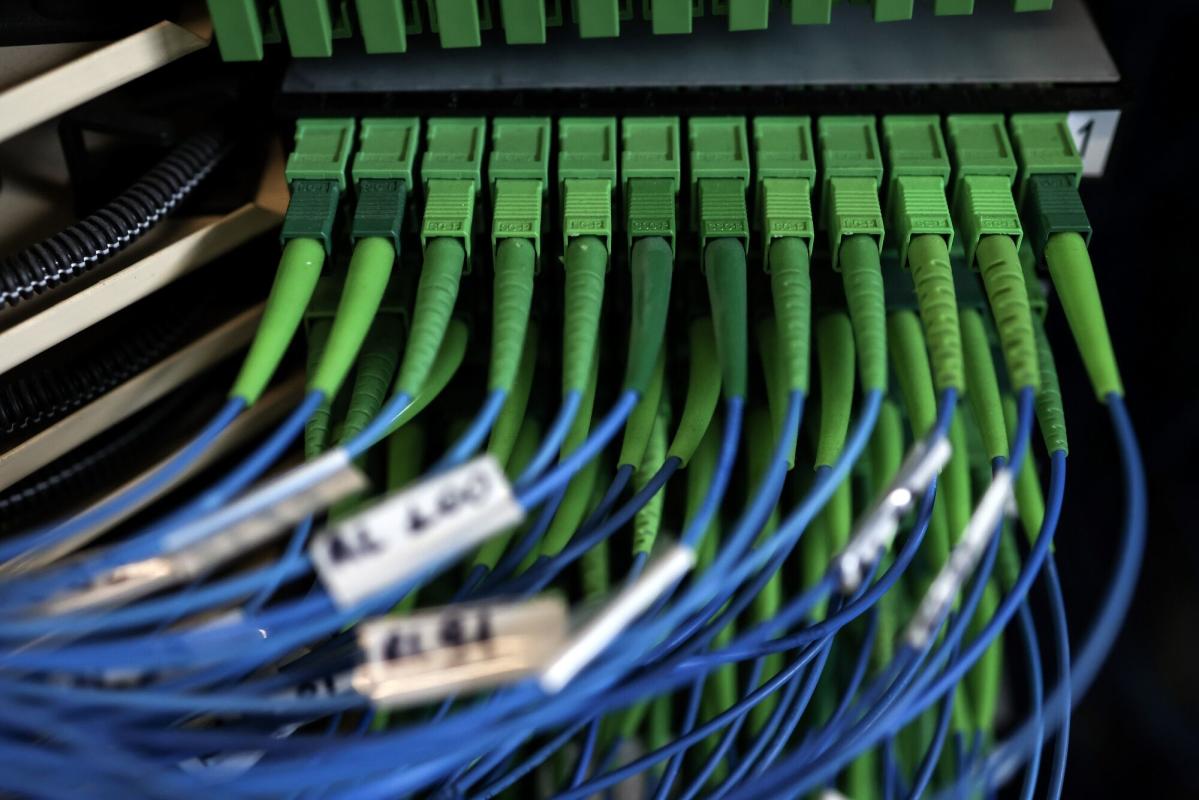SAN FRANCISCO (AP) — If it feels like TikTok has been around forever, that’s probably because it has, at least if you measure time via the Internet. The question that now arises is whether this phenomenon will continue for a long time and, if so, in what form?
Since 2017, when the Chinese social video app merged with competitor Musical.ly, TikTok has evolved from a niche app for teens to a global trendsetter. Of course, this also appears to be a potential national security threat, according to U.S. officials.
On Wednesday, President Joe Biden signed legislation requiring TikTok parent company ByteDance to sell to US owner within a year or close. It’s unclear whether this law will survive an expected legal challenge or whether ByteDance would agree to sell.
Here’s how TikTok got to this point:
March 2012
ByteDance is founded in China by entrepreneur Zhang Yimin. It is The first successful product is Toutiaoa personalized news aggregator for Chinese users.
July 2014
Startup Musical.ly, later known for an eponymous app used to post short lip-syncing music videos, is founded in China by entrepreneur Alex Zhu.
July 2015
Musical.ly reaches number 1 in the Apple App Store, following a design change which made the company logo visible when users shared their videos.
2016
ByteDance launches Douyin, a video sharing app for Chinese users. Its popularity prompted the company to create a version aimed at foreign audiences called TikTok.
November 2017
ByteDance acquires Musical.ly for $1 billion. Nine months later, ByteDance merged it with TikTok.
Powered by an algorithm that encourages binge-watching, users begin sharing a wide variety of videos on the app, including dance moves, food preparation in the kitchen, and various “challenges” to perform, record, and post videos. acts ranging from serious to satirical.
February 2019
Rapper Lil Nas record 17 weeks in first place on the Billboard Hot 100 chart. The phenomenon sparked a wave of TikTok videos from music artists who suddenly saw TikTok as an essential way to reach their fans.
TikTok takes hold federal charges of violating U.S. children’s privacy laws and agrees to pay a fine of $5.7 million.
September 2019
The Washington Post reports that while images of Hong Kong democracy protests and police repression are common on most social media sites, they are strangely absent on TikTok. The same story notes that TikTok posts tagged #trump2020 have received more than 70 million views.
The company insists that TikTok’s content moderation, done in the United States, is not responsible and says the app is a place for entertainment, not politics.
The Guardian reports internal documents that reportedly detail how TikTok asks its moderators to remove or limit the reach of content. videos addressing sensitive topics in China such as the 1989 Tiananmen Square protests and subsequent massacre, Tibetan independence or the sanctioned religious group Falun Gong.
October 2019
WE…


